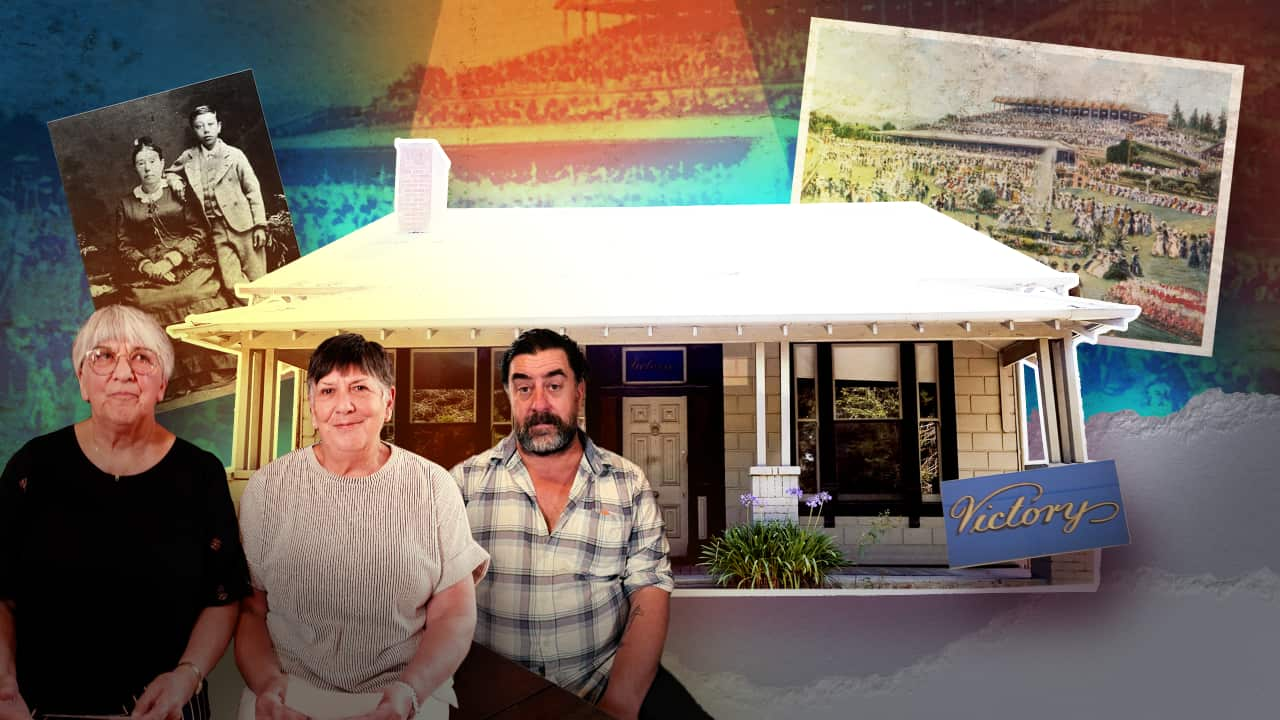Key Points
- Victory House, built in 1906, was home to a Chinese mine manager family in Ballarat.
- After being saved from demolition, the house is being transformed into a Chinese heritage museum.
- Community leaders aim to revitalise the surrounding area into a Chinatown, restoring Ballarat’s once-vibrant Chinese presence from the gold rush era.
- By 1858, Ballarat's Chinese population had peaked at nearly 10,000, accounting for about 25 per cent of the adult male population.
Community groups say the restoration of a 120-year-old house is the first step towards establishing a Chinatown in Ballarat to mark the contributions of thousands of Chinese workers drawn to the area both during and after the gold rush.
Located at 742 Geelong Road in the Ballarat suburb of Canadian, Victory House was built in 1906 by Chinese mine manager James Wong Chung and his wife, Margaret Wong Chung.
Interestingly, the funds — 400 pounds ($17,560 in today's money) — to build the house were won by Margaret after picking the winner named Victory in the 1902 Melbourne Cup.
The family lived in the home for more than a century, until it was sold in 2008.
Now, plans are underway to convert the restored house into a Chinese heritage museum — the first step in a broader, 10-year plan to revive Ballarat's historic Chinatown.
Local Chinese community leader Charles Zhang and the founder of the Xin Jin Shan Chinese Library, Haoliang Sun, led the restoration of Victory House.
Sun said the Canadian suburb, where Victory House stands, once had the highest concentration of Chinese miners in Ballarat and was home to six Chinese village camps. Those communities have long since vanished.
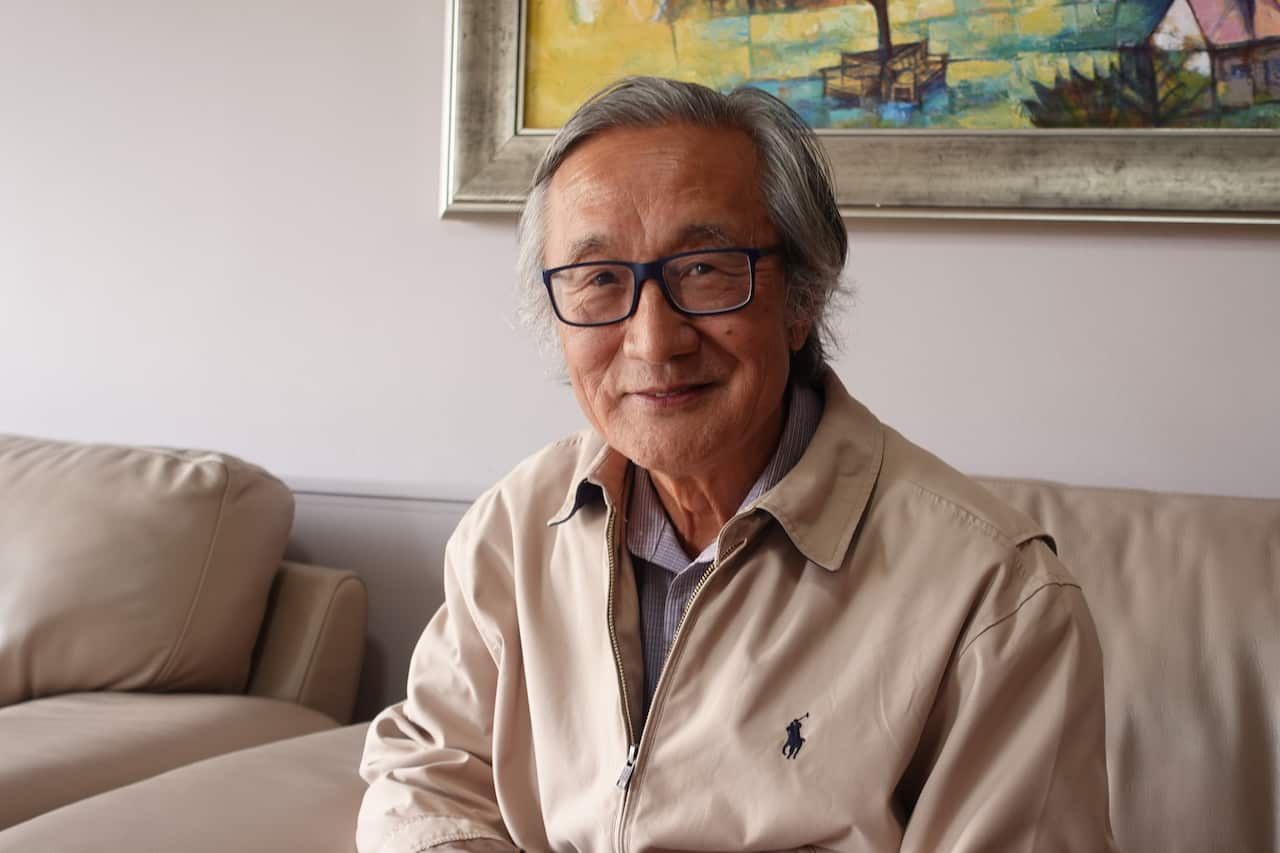
"Other than the Chinese gold rush display at Sovereign Hill, there's no place in Ballarat today that shows how the Chinese actually lived during that time," he said.
Historical records indicate that by 1855, there were approximately 2,000 to 5,000 Chinese miners on the Ballarat goldfields. By 1858, the Chinese population had peaked at nearly 10,000, accounting for about 25 per cent of the adult male population in Ballarat.
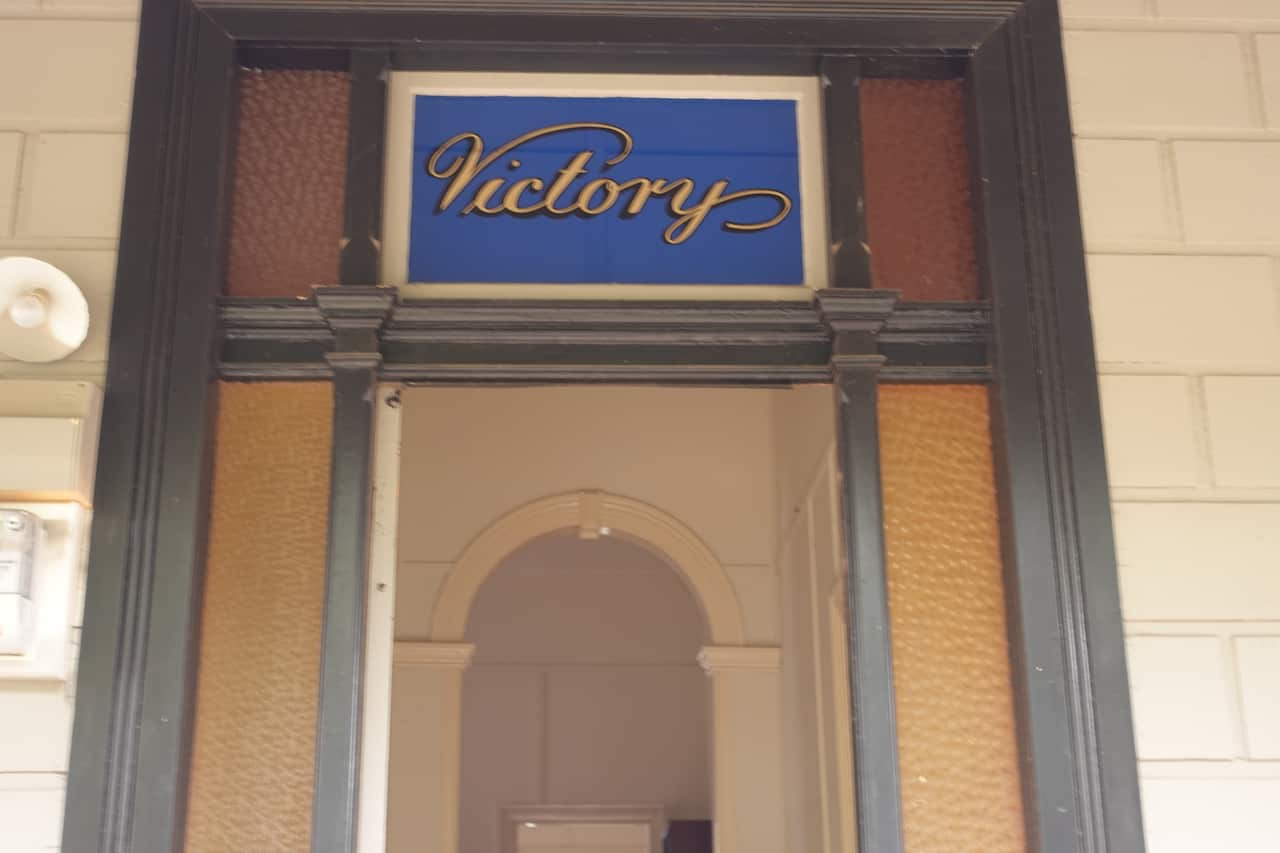
To bring that history back to life, Sun and Zhang have purchased several buildings on the same street, with more deals in the works.
Their vision is to create a precinct that includes a Chinese medicine shop, teahouse, Chinese restaurant and Asian supermarket — what they refer to, for now, as a Chinatown.
"We're calling it Chinatown, but the name doesn't really matter," Sun said. "What matters is that a space like this must exist."
Zhang acknowledges that building a Chinatown is a bold and complex undertaking — one that will require significant support from local, state and federal governments.
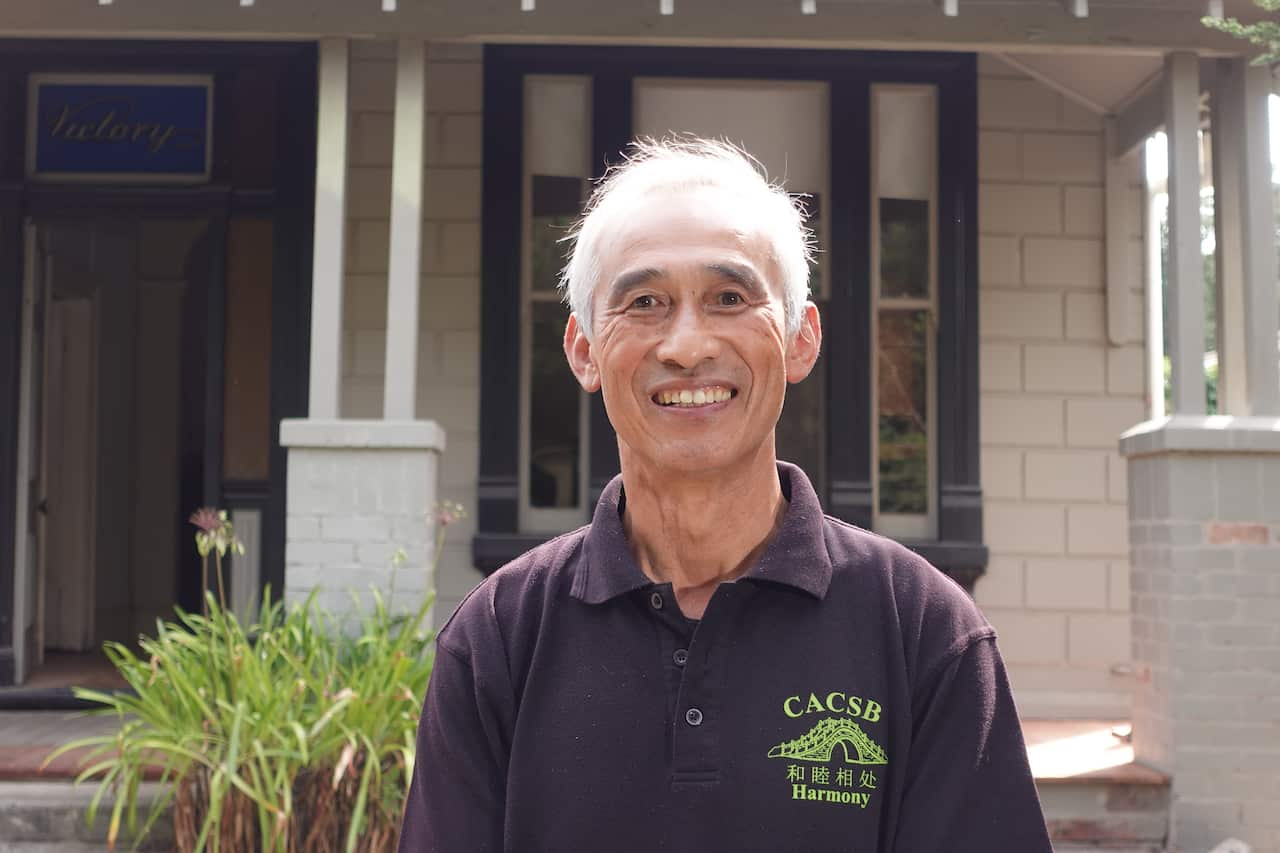
"Restoring one house can be done by one or two people. But rebuilding a Chinatown takes a whole team," he said. "It's not something that can be done just out of passion or impulse."
Still, Zhang, now in his 70s, remains optimistic.
"I hope that in my lifetime, I can devote my energy and ability to doing something meaningful for future generations of Chinese Australians — to keep our history and culture alive."
The Victory House museum is currently awaiting council approval to open to the public. Ticket proceeds will go toward the museum's ongoing maintenance.
Revisiting childhood home
For the first time since its renovation, sisters Denise Johnston and Julie Odgers returned to Victory House, their great-grandparents' former home in Ballarat.
Walking past the thick cypress hedge in the front garden, Johnston, 77, said she no longer felt the fear she had as a child.
"It was always dark … when the wind would come through, it was really like a haunted house," she recalled.
But once they stepped inside, they were greeted warmly with open arms and homemade biscuits.
"I felt really emotional when I entered. It has just brought us these beautiful childhood memories," Johnston said.
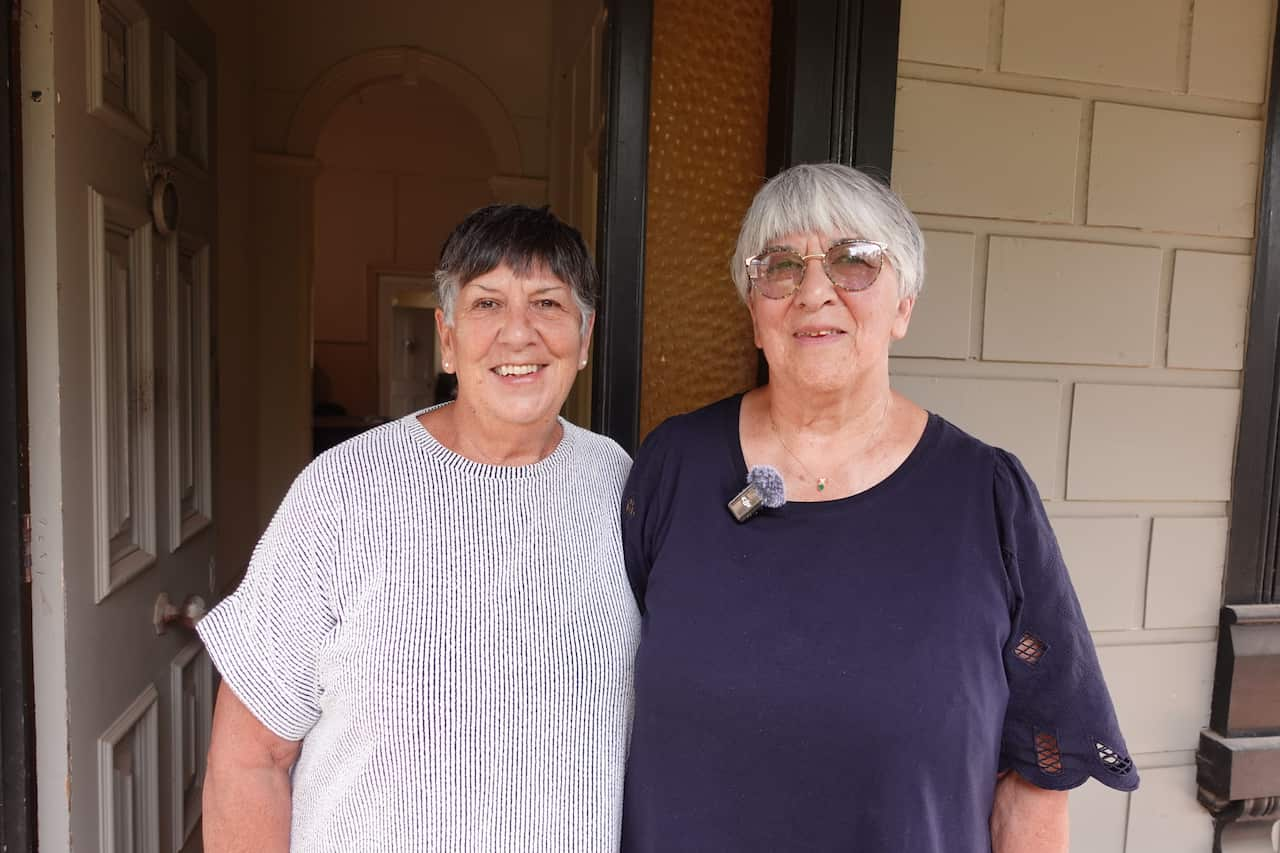
The house was named after the 1902 Melbourne Cup-winning horse Margaret had picked.
"Our great-grandmother (Margaret) loved horses. When we come to visit her, she'd be sitting here listening to her radio and reading the racing guide," said Odgers, 75.
But sadly, no one in the family has won a race since, she added.
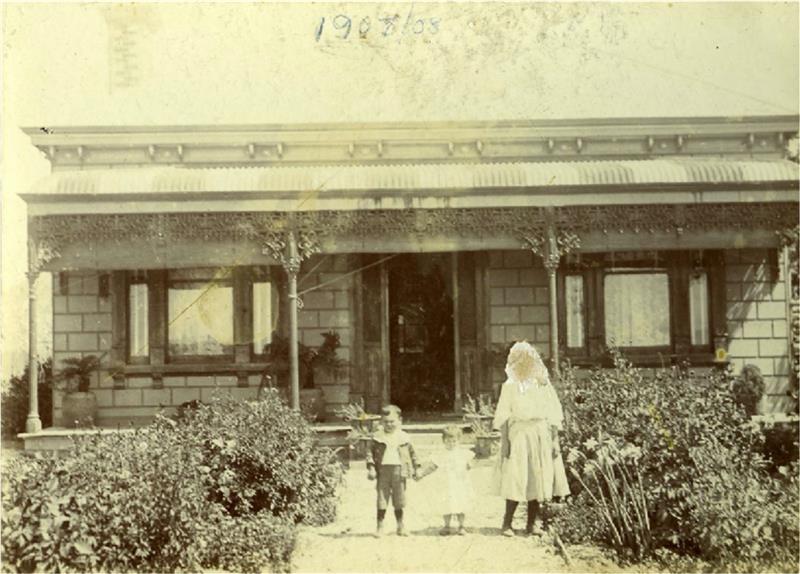
The Wong Chung family
The Wong Chung family's Australian story began with James's father, Ah Wong Chung, who migrated from Canton (now Guangzhou) in the late 19th century during the Victorian gold rush.
He ran a general store in Linton, supplying goods imported from China to both Chinese and European miners.
In 1868, he married Irish woman Mary Anne Baker. The couple had one son, James, the future builder of Victory House.
James married Australian-born Margaret Ann Holderhead in 1896. After having six children in Linton, the couple moved to Ballarat in 1903, initially living in a small miner's cottage.
At the time, James was managing the nearby Woah Hawp Canton Mine. In 1906, the family moved into the newly built Victory House and welcomed another six children.
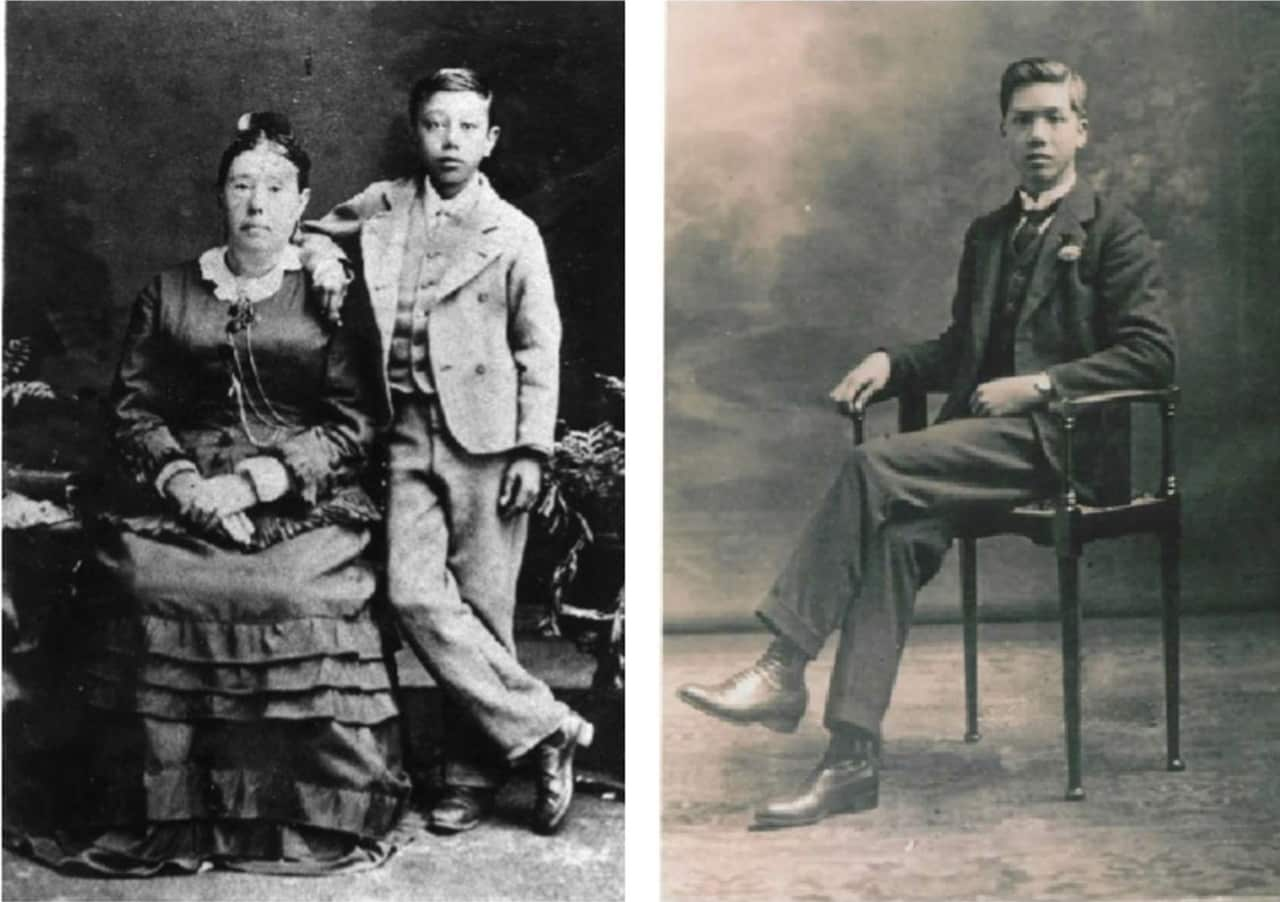
Nearly lost
In 2022, Victory House narrowly escaped demolition when new landowners applied to redevelop the site.
Four Ballarat councillors argued the home wasn't significant enough to preserve, given the city's abundance of historic buildings.
But after an outpouring of support, including from over 120 Chinese-Australian organisations and descendants of the Wong Chung family, the house was saved and placed on the Ballarat Heritage Register.
Mick Trembath, Odgers's son and a sixth-generation descendant, said the restored Victory House held meaning far beyond his own family.
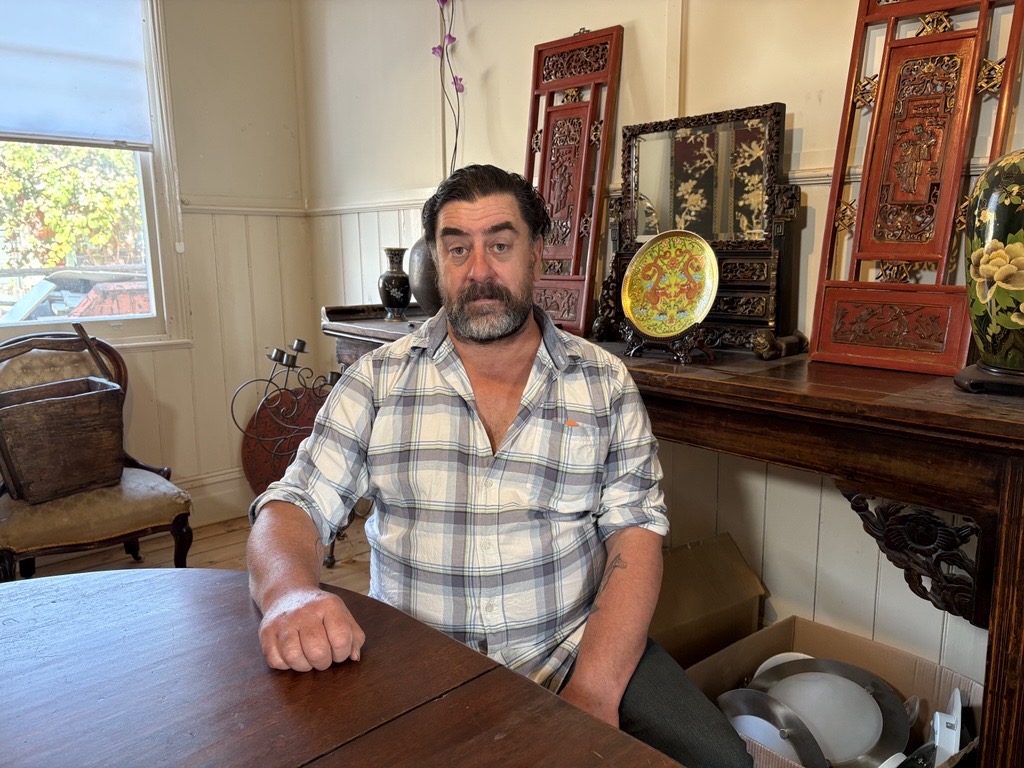
"There are very few things in Ballarat that are not only genuine reminders of Chinese culture, but any contributing culture, (including) the Croatian people, Polish people and the German people," Trembath said.
"To have something like this … You can walk through it, touch it, and fill it with memories. It's a really important thing.
"I was really happy that we were able to save it."
